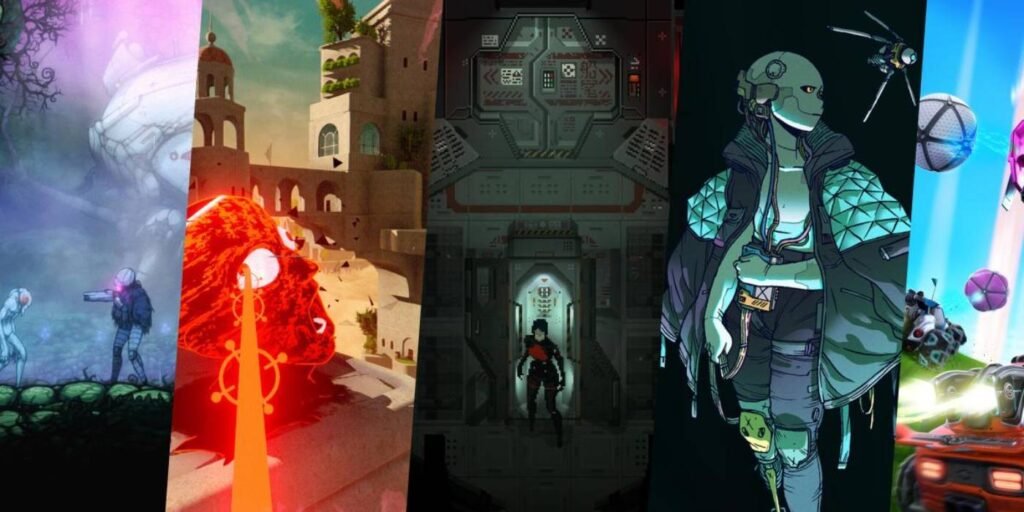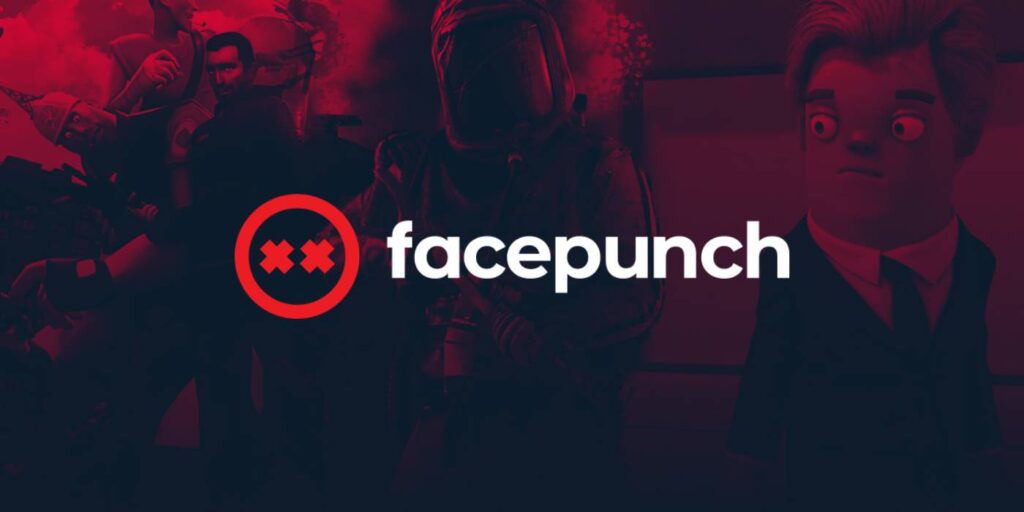The Unity engine has been a staple of video game development for ages, as hundreds of developers have used it to create their games. To put things into perspective, some notable titles made on Unity include CupHead, Hollow Knight, Outer Wilds, the Ori series, Cities Skylines, and the highly anticipated Hollow Knight Silksong. It has always been a good engine for up-and-coming developers to get started with and learn the ropes. However, with the recent pricing and monetization changes, Unity may have irrevocably alienated developers.
Unity and Epic Games’ Unreal Engine are two of the most popular engines in the industry. Both have been pushing the bar with the most recent iterations. Unreal Engine 5.3 has made photorealistic video game development accessible to almost anyone with a good machine. The engine’s dev team achieved this while also encouraging newcomers to experiment with it and make games without worrying about paying the creator of the engine.
Unity’s New Pricing Plans Explained

On the contrary, Unity has opted to pick the greedy route, and the company’s new pricing strategy is downright unacceptable. Before, the pricing for Unity devs used to be based on how much revenue they generated in a period of time. If that threshold was met, a certain percentage would be owed to Unity. This was good because developers had some idea of how many games were being sold and could easily plan for how much they would have to pay at the end of the year.
But this new pricing flips that on its head and charges developers based on how many times their game has been installed, and the fee is not small. This pricing change for Unity goes into effect starting in 2024, which doesn’t bode well for anyone who plans on switching engines. At first glance, it may not seem like a big deal, but here are some of the reasons why this is terrible news for developers.
Why This New Install-Based Pricing Is Awful For Unity Devs
Below are some of the reasons why this new pricing implementation will be detrimental to video game developers and may be impossible to accept:
- Players often reinstall games for a multitude of different reasons, be it temporarily making space, picking up where they left off on a different device, or even replaying a game they played in the past.
- Pirates tend to share games widely, and developers are unable to profit off of those sales, yet they will have to count those installs towards their total Unity fees.
- Free-to-play games will simply be unable to function if they are based on Unity, as developers don’t even make any money from installs.
- Unity will have to install monitoring software in every single game made on the engine to see how many times it is being installed. This means that developers will be forced to share internal data with Unity without even knowing what level of telemetry is being used.
- Just like review bombing, bad actors who want to hurt the developers for any reason will be able to reinstall the game, again and again, to financially harm their targeted dev team.
Compared To Unity’s Competitor, Unreal Engine 5
Of course, Epic Games’ Unreal Engine also charges developers for using its product, but how things are done is far more inviting for newcomers. The fee is based on how much revenue the developer makes using the engine, and the engine is free for anyone if they generate revenue below $1 million in a year.
This encourages new developers to learn and experiment with the engine and make complete games. They only have to pay Epic Games if their work ever becomes reasonably successful.
Unity Developer Compares New Pricing With Old Pricing

One developer provided an example of how much they’d have to pay now compared to before the pricing change. Gary Newman, the owner of FacePunch Studios, known for making Gary’s Mod and Rust, gave a detailed breakdown of the jump in costs, and it is far larger than anyone could have expected, justifying the backlash. According to Newman, if we take Rust as an example, the company normally pays around $40,000 a year. But once this new change comes around, the total cost per year will skyrocket to over $410,000 with no extra benefits.
This is an astounding jump in costs and should make any studio worry about its future. Developers have been very vocal on social media that working on Unity may not be an option in the long term if these changes stick.
Why Unity Came Up With The Pricing Change & What The Future Holds

The CEO of Unity, John Riccitiello, previously used to work in EA. And back when he was in power at EA, he had famously proposed a new pricing strategy for Battlefield players, in which players would have to pay $1 each time they reloaded their clip in-game. Clearly, even EA thought this was going a bit too far, and that is saying something.
Understandably, Unity has been subject to serious backlash due to this change. Not only have developers demanded changes to the new pricing plans, but they have also shared their disappointment. Most have taken to social media and mentioned their newfound distrust and plans to look for alternatives for their future.
The matter has gotten so out of hand that Unity has even received death threats and was forced to suspend operations for a few days. Unity has since apologized for “the confusion caused” and plans on amending the pricing plans after taking feedback into account.
There is not much Unity can do to win back developer trust. This one act has told everyone that Unity might pull a similar stunt in the future, and companies will not want their existence on their engine’s developer.





